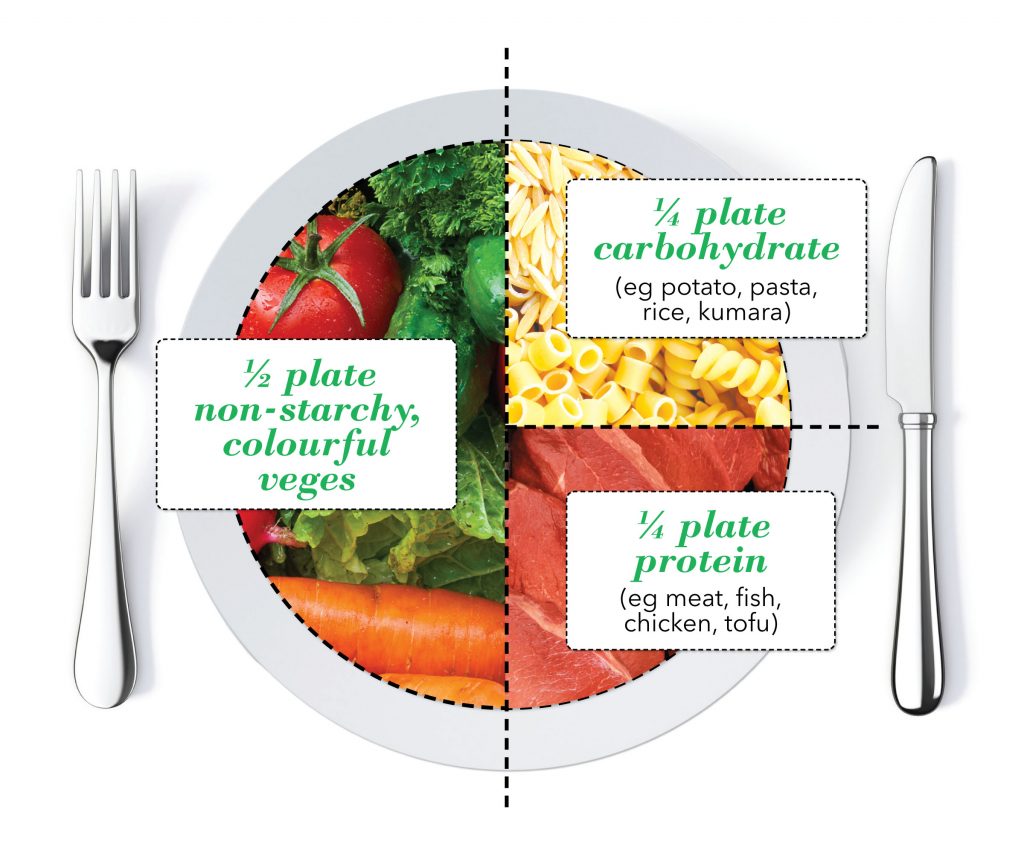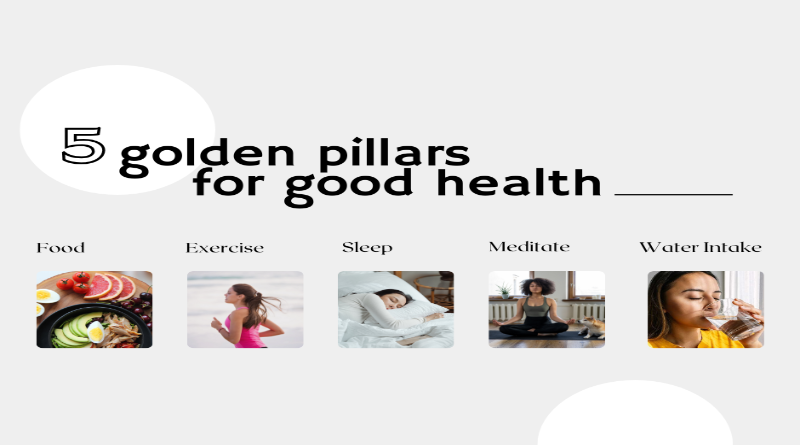Discover the 5 key factors of good health: food intake, water intake, sleep schedule, physical activity, and stress management. Learn practical tips to maintain a healthy lifestyle and improve overall well-being naturally.
Introduction
Good health is not luck—it’s a lifestyle. With countless diets, trends, and wellness hacks flooding the internet, people often forget the basic foundations of health. These foundations are simple yet powerful: balanced food intake, proper water intake, quality sleep, regular physical activity, and effective stress management.
When these five pillars are aligned, they create harmony in the body and mind. In this blog, we’ll explore each factor in detail, why it matters, and how to implement it in daily life.
1. Food Intake: Eating for Energy and Longevity
Food is the fuel that powers your body. A healthy diet provides essential nutrients, boosts immunity, and prevents lifestyle-related diseases.

Benefits of Healthy Food Intake:
- Improves energy and productivity
- Reduces risk of obesity, diabetes, and heart disease
- Supports brain health and mood stability
Practical Tips:
- Fill half your plate with fruits and vegetables
- Include whole grains, lean proteins, and healthy fats
- Avoid processed and sugary foods
- Practice mindful eating—listen to hunger and fullness cues
👉 Pro Tip: Instead of extreme diets, focus on long-term balanced eating habits.
2. Water Intake: Staying Hydrated for Vitality
Water is often called the elixir of life. Your body depends on water for digestion, circulation, and toxin removal. Even mild dehydration can affect mood, focus, and energy.

Benefits of Proper Hydration:
- Maintains body temperature
- Improves skin health and digestion
- Prevents headaches and fatigue
- Boosts metabolism and energy
Practical Tips:
- Drink at least 8 glasses (2 liters) daily
- Start your morning with a glass of water
- Carry a reusable water bottle as a reminder
- Add lemon, cucumber, or mint for flavor
👉 Pro Tip: Track hydration by checking urine color—light yellow means you’re hydrated.
3. Sleep Schedule: Resetting Your Body Clock
Sleep is not just rest—it’s recovery. During sleep, the body repairs tissues, balances hormones, and strengthens the immune system. Lack of sleep can weaken health and shorten lifespan.

Benefits of Quality Sleep:
- Enhances focus, memory, and learning
- Strengthens the immune system
- Reduces stress and stabilizes mood
- Supports healthy weight management
Practical Tips:
- Aim for 7–9 hours of sleep nightly
- Stick to a fixed sleep and wake-up time
- Avoid screens 1 hour before bed
- Keep your bedroom cool, dark, and quiet
👉 Pro Tip: Create a bedtime routine—reading, journaling, or meditation helps signal your body it’s time to rest.
4. Physical Activity: Movement is Medicine
Our bodies are designed to move. Sedentary lifestyles increase the risk of chronic diseases, but even light activity can make a huge difference.

Benefits of Regular Exercise:
- Strengthens muscles, bones, and the heart
- Improves flexibility and posture
- Enhances mood by releasing endorphins
- Helps in weight management
Practical Tips:
- Aim for 30 minutes of activity daily
- Choose activities you enjoy—walking, yoga, cycling, dance
- Include cardio, strength training, and stretching
- Stay active during the day—use stairs, walk breaks, or desk stretches
👉 Pro Tip: Consistency matters more than intensity. Small daily efforts beat occasional extremes.
5. Stress Management: Balancing the Mind and Body
Stress, if unmanaged, silently damages health. Chronic stress raises blood pressure, weakens immunity, and disrupts sleep. Learning how to manage it is crucial for overall well-being.

Benefits of Stress Management:
- Reduces risk of anxiety and depression
- Improves focus and relationships
- Supports heart and digestive health
- Creates emotional balance
Practical Tips:
- Practice mindfulness, yoga, or deep breathing
- Stay socially connected—talk to friends and family
- Learn to say “no” to unnecessary commitments
- Spend time on hobbies like reading, music, or gardening
👉 Pro Tip: 10 minutes of meditation daily can calm your mind and reset your mood.
Conclusion: Your Roadmap to Good Health
Good health isn’t about perfection—it’s about balance. When you nourish your body with good food, hydrate well, sleep deeply, move daily, and manage stress, you create a strong foundation for lifelong wellness.
These five factors are not separate—they complement each other. For example, regular exercise improves sleep, while good sleep reduces stress. Balanced food intake helps manage mood, while hydration boosts energy for workouts. Together, they create a cycle of holistic well-being.
🌿 Start small today: drink an extra glass of water, take a 10-minute walk, or turn off your phone before bed. Over time, these habits add up to lasting health.
Frequently Asked Questions (FAQ)
1. What are the 5 most important factors for good health?
The five key factors for good health are balanced food intake, water intake, proper sleep schedule, regular physical activity, and stress management. Together, they form the foundation of a healthy lifestyle.
2. How can I maintain good health naturally?
You can maintain good health naturally by eating whole, unprocessed foods, drinking enough water, getting 7–9 hours of sleep, engaging in daily physical activity, and practicing stress-relieving activities like yoga or meditation.
3. How much water should I drink daily?
Most adults need about 2–3 liters (8–10 glasses) of water daily. However, requirements may vary depending on age, activity level, and climate.
4. Why is sleep important for health?
Sleep allows the body to repair, boosts immunity, regulates hormones, improves memory, and reduces stress. Poor sleep increases the risk of obesity, diabetes, and heart disease.
5. What is the best exercise for overall health?
The best exercise is one you enjoy and can do consistently. A mix of cardio (walking, cycling), strength training (weights, bodyweight exercises), and flexibility workouts (yoga, stretching) works best.

